Class 12 Certificate vs. Degree Comparison Tool
Understand Your Education Level
This tool helps you understand the key differences between your Class 12 certificate and degree programs in India. Select your current education level to see what opportunities are available to you.
Class 12 Certificate
After completing Class 12, you receive a Higher Secondary Certificate (HSC) or Senior Secondary Certificate. This is proof of completing school education, not a college degree.
- Duration: Completed after 12 years of schooling
- What it is: School completion certificate
- Job opportunities: Entry-level government positions, clerical roles, some private sector jobs
Note: Some universities require Class 12 with minimum marks for admission to degree programs.
There’s no such thing as a "12th class degree" in India - and that’s where most people get confused. If you’ve heard someone say they "got their degree after 12th," they’re mixing up terms. In India, the 12th class isn’t a degree. It’s the final year of school. What you earn after passing 12th is a Higher Secondary Certificate, not a degree.
What You Actually Get After 12th Class
After completing Class 12 under boards like CBSE, ICSE, or any state board, students receive a Higher Secondary Certificate. This is also called the Senior Secondary Certificate. It’s proof you finished your school education, not college. Think of it like finishing high school in the U.S. or Year 12 in Australia. It’s a milestone, but it’s not university-level.
Colleges and universities in India use this certificate to decide who gets into undergraduate programs. If you want to study engineering, medicine, or commerce, you need your 12th marks. Your score here determines if you can get into a top college - not a degree you earned.
How the Indian Education System Works
India’s school system has three main stages:
- Primary School: Classes 1 to 5
- Secondary School: Classes 6 to 10
- Higher Secondary School: Classes 11 and 12
After Class 10, students take the Secondary School Certificate (SSC) exam. Then they choose a stream - Science, Commerce, or Arts - for Classes 11 and 12. At the end of Class 12, they take the Higher Secondary Examination. The result is the certificate you get.
Only after Class 12 do you enter college. That’s when you start working toward a degree - like a Bachelor of Science (B.Sc.), Bachelor of Commerce (B.Com.), or Bachelor of Engineering (B.E.). Those take three to four years. So a degree comes after 12th, not from it.
Why People Say "12th Class Degree"
It’s a common mistake, especially in rural areas or among families who don’t have direct experience with higher education. In many parts of India, people use "degree" as a catch-all word for any kind of formal education after school. If your cousin got into a college after 12th, you might hear, "He got his degree." But technically, he got his 12th certificate and then enrolled in a degree program.
This confusion also comes from how the system is spoken about in daily life. Parents, teachers, and even some newspapers sometimes say "12th degree" out of habit. But official documents - from CBSE, universities, or government job applications - always say "Higher Secondary Certificate" or "Class 12 Pass Certificate."
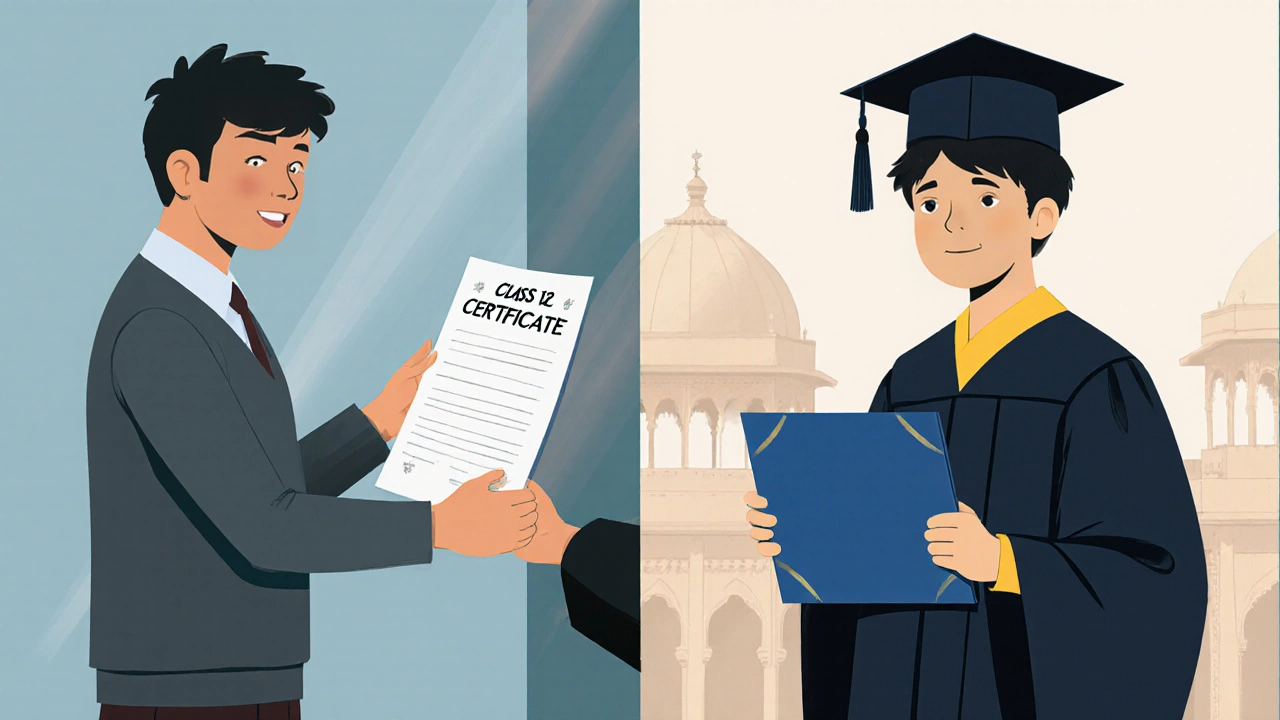
CBSE and the Class 12 Certificate
If you’re studying under CBSE (Central Board of Secondary Education), your Class 12 result is issued as a Class XII Pass Certificate. It includes your name, roll number, subjects, marks, and overall percentage. The board doesn’t call it a degree. It’s clearly labeled as a school-leaving certificate.
CBSE also provides a Statement of Marks and a Passing Certificate. These are used for college admissions, scholarship applications, and even some government jobs. Employers and universities look at these documents to verify your academic background before you start a degree program.
CBSE Class 12 results are accepted nationwide. Whether you’re applying to a college in Delhi, Mumbai, or Sydney, your CBSE 12th certificate is recognized. But again - it’s not a degree. It’s your ticket to one.
What Comes After 12th? Degrees and Diplomas
After you pass Class 12, you have a few paths:
- Undergraduate Degree: B.A., B.Sc., B.Com., B.B.A., B.Tech. - these are 3- to 4-year programs.
- Diploma Courses: 2- to 3-year technical or vocational programs, like Diploma in Engineering or Hotel Management.
- Professional Entrance Exams: JEE for engineering, NEET for medicine, CUET for university admissions.
None of these are earned in Class 12. They’re all started after you get your 12th certificate. So if someone says, "I have a 12th class degree," they mean they finished school and are now doing a degree. But the certificate itself? It’s not a degree.
Common Confusions and Misconceptions
Here are a few things people often mix up:
- Class 12 Certificate vs. Degree: One is school completion. The other is university graduation.
- Intermediate vs. 12th: "Intermediate" is an old term used in some states like Uttar Pradesh and Bihar. It means the same as Class 12 - not a degree.
- 12th as "pre-university": In Karnataka and some other states, Class 11-12 is called "Pre-University Course" (PUC). Still not a degree.
Even in job applications, you’ll see fields like "Highest Qualification." If you’ve only finished 12th, you write "Higher Secondary" or "Class 12." You don’t write "Bachelor’s" or "Degree" - that’s false information and can get you disqualified.
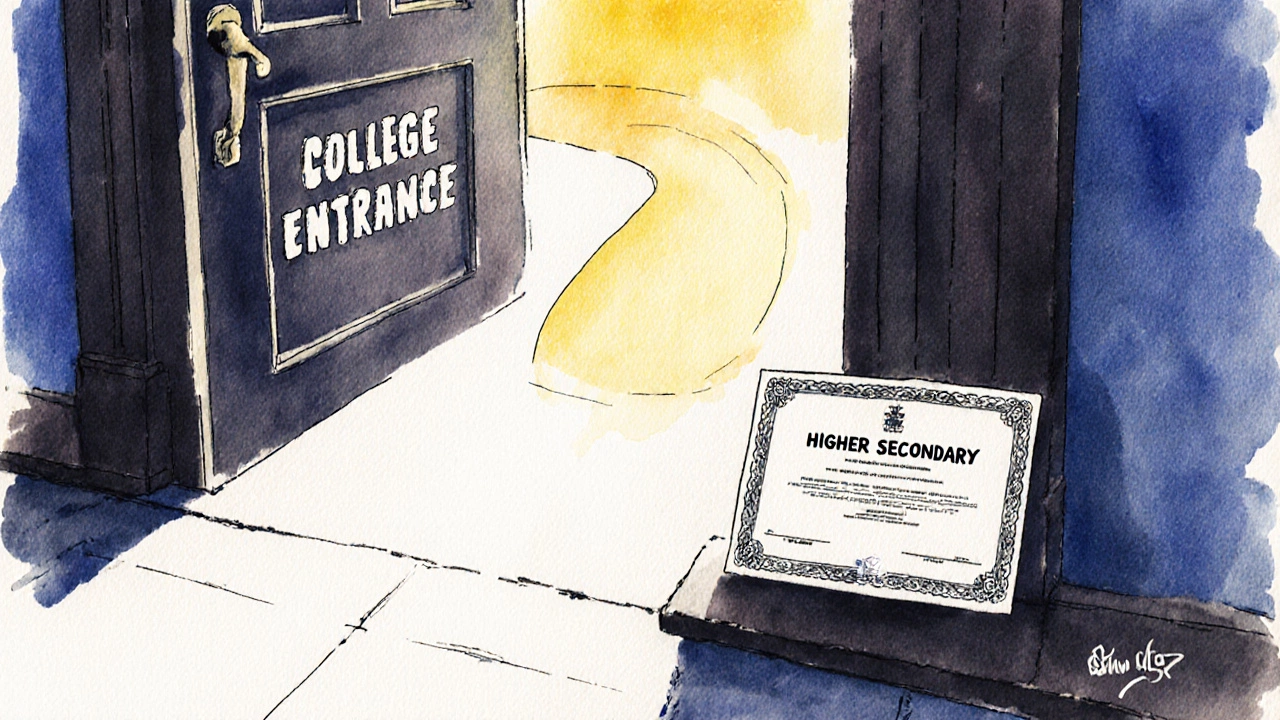
How This Affects Students Planning to Study Abroad
If you’re from India and want to study in the U.S., Canada, Australia, or the U.K., your Class 12 certificate is your high school transcript. Universities there ask for your 12th marks to evaluate your eligibility for a bachelor’s program. They don’t expect you to have a degree yet.
For example, if you’re applying to a university in Sydney, you’ll need to submit your CBSE Class 12 marksheet. They’ll compare your percentage to their entry requirements. Some universities may ask you to complete a foundation year if your marks are borderline. But they won’t ask for a "12th degree" because it doesn’t exist.
Getting this right matters. If you say you have a "12th class degree" on your application, admissions officers might question your understanding of the education system - and that can hurt your chances.
Official Terms You Should Know
To avoid confusion, remember these official terms:
- Class 10: Secondary School Certificate (SSC)
- Class 12: Higher Secondary Certificate (HSC) or Senior Secondary Certificate
- After 12th: Bachelor’s Degree (B.A., B.Sc., B.Com., etc.)
- After Bachelor’s: Master’s Degree (M.A., M.Sc., etc.)
These are the terms used in university brochures, government job forms, and international education guides. Stick to them. It makes your applications clearer and more professional.
Final Takeaway
There is no such thing as a "12th class degree" in India. What you earn after Class 12 is a school certificate - the Higher Secondary Certificate. It’s important, yes. It opens doors. But it’s not a degree. A degree comes later, after three or more years of college.
If you’re a student, parent, or counselor, using the right terms helps you make better decisions. It prevents mistakes in applications, avoids embarrassment in interviews, and ensures you’re understood by universities and employers - both in India and abroad.
Don’t call it a degree. Call it what it is: your Class 12 certificate. That’s the first step - not the finish line.
Is Class 12 the same as a diploma?
No. Class 12 is a school-level certificate awarded after completing higher secondary education. A diploma is a post-school vocational or technical qualification, usually lasting 2-3 years, like a Diploma in Engineering or Nursing. They are different levels of education.
Can I get a job after 12th without a degree?
Yes, you can get some jobs after Class 12, especially in government sectors like clerical roles, railway jobs, or police constable positions. Many entry-level jobs accept Class 12 as the minimum qualification. But for higher-paying or specialized roles, a degree is required.
Is the 12th certificate valid overseas?
Yes. Universities and employers in countries like the U.S., Canada, Australia, and the U.K. recognize the Indian Class 12 certificate as equivalent to high school completion. You’ll need to submit your marksheet and sometimes get it evaluated by credential assessment services like WES or ECE.
What’s the difference between CBSE and state board 12th certificates?
Both are valid and recognized nationally. CBSE is a national board with a standardized syllabus, while state boards follow local curricula. The main difference is in exam pattern and difficulty level, not in the value of the certificate. For college admissions, most universities treat them equally.
Do I need a 12th certificate for competitive exams like NEET or JEE?
Yes. You must have passed Class 12 (or be appearing for it) to be eligible for NEET, JEE Main, JEE Advanced, and other entrance exams. Your 12th marks are used to calculate your percentile and eligibility. Without the certificate or proof of passing, you cannot sit for these exams.
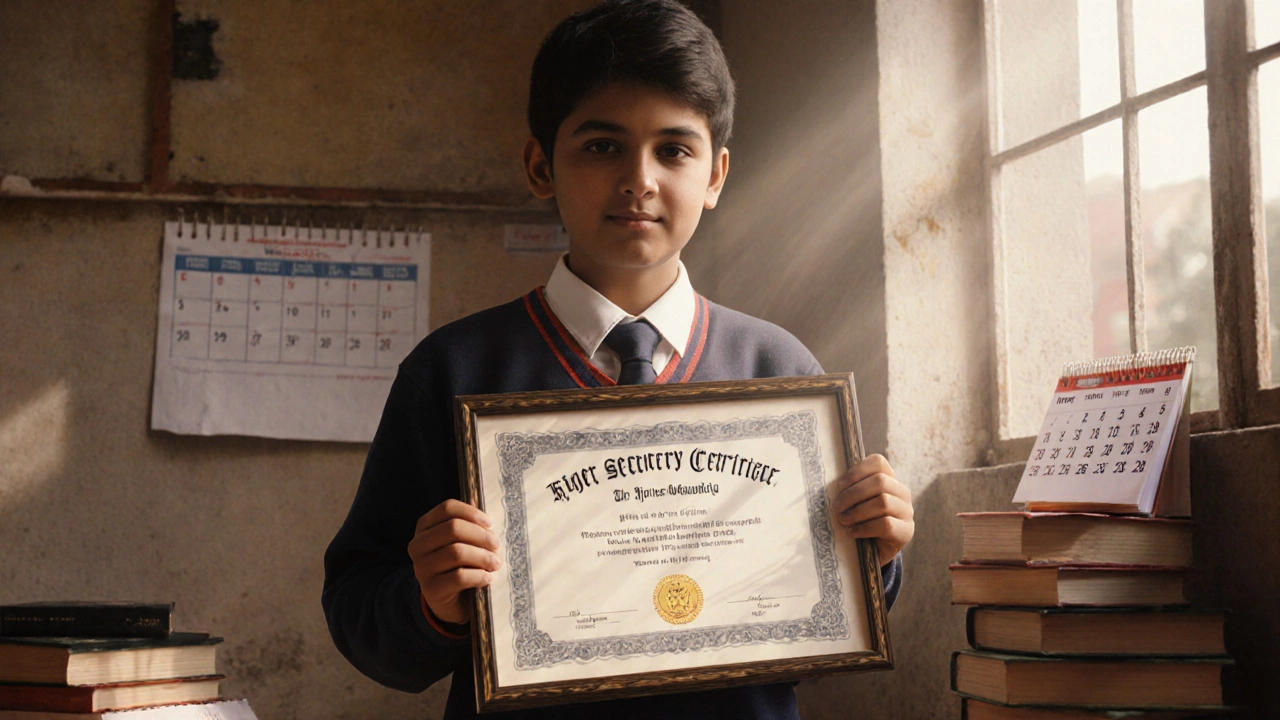


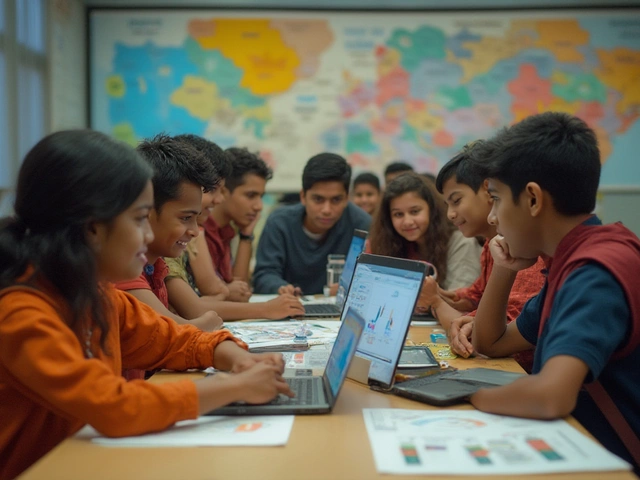
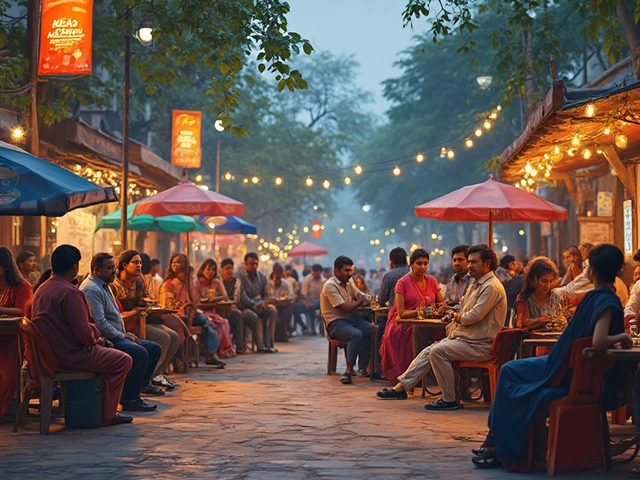
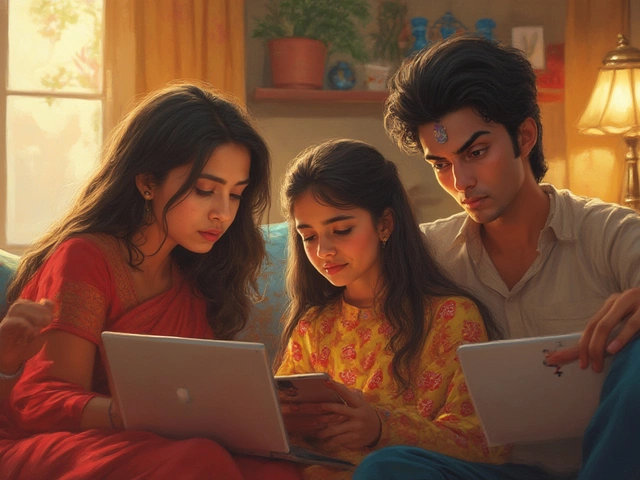

0 Comments